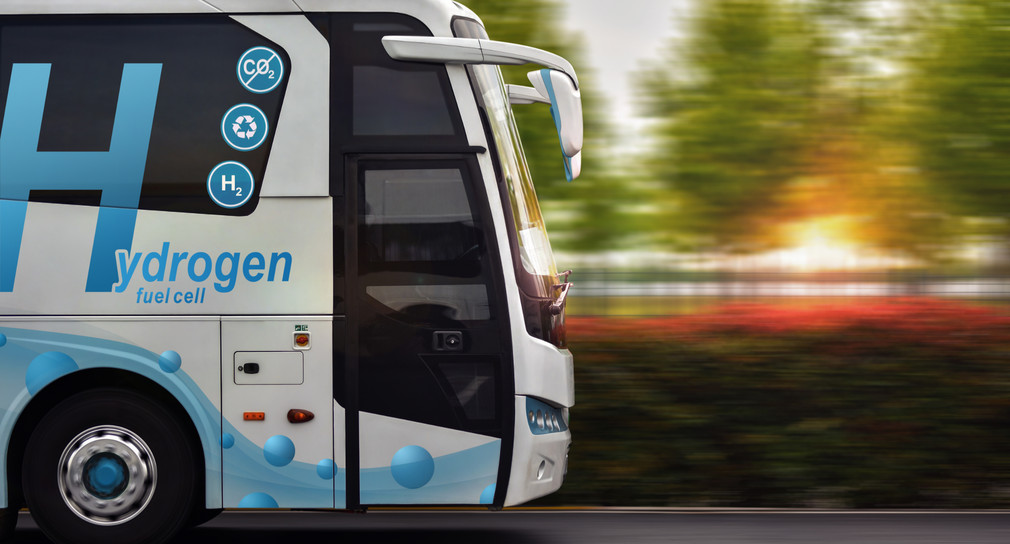H2 Rhine-Neckar
- Contact:
- Project group:
Prof. Sax
- Funding:
Verbundkoordinator: e-mobil BW GmbH
Projektträger: Projektträger Karlsruher (PTKA)
Fördergeber: Ministerium für Umwelt, Klima und Energiewirtschaft Baden-Württemberg
Projektvolumen: ca 45,8 Mio. € - Partner:
Rhein-Neckar-Verkehr GmbH
H2 MOBILITY GmbH & Ko. KG
KIT – Institut für Technik der Informationsverarbeitung
Universität Mannheim - Mannheim Institute for Sustainable Energy Studies
- Startdate:
25.11.2020
- Enddate:
24.03.2024
H2 Rhine-Neckar
Motivation
The global challenge of climate change can only be mastered if everyone involved pulls together. The local public transport sector also offers opportunities to reduce pollutant emissions. One possible key technology here is fuel cell technology. This technology opens up new opportunities to positively advance the mobility system in terms of efficiency and environmental friendliness.
Project goals
The aim of the project is to enable the practical use of emission-free vehicles. As part of the upcoming fleet renewal in Mannheim and Heidelberg, a total of 40 vehicles will be replaced by vehicles with electrified drives. This will be accompanied by the adaptation of the depots and the charging infrastructure.
Implementation
H2Rhein-Neckar is based on the H2Rivers project. This has been awarded the contract as a nationwide flagship project for hydrogen and fuel cell technology and was recognized as a HyPerformer as part of the HyLand tender. The synergy of these two projects is intended to promote the advancement of hydrogen and fuel cell technology in Baden-Württemberg. To this end and as part of this funding, preliminary investigations into the technical feasibility and efficiency of H2 technology have already been carried out, as part of the state-funded H2SOUL project. In this way, the fuel cell range extender technology (FC-REX) was identified as the economically best solution variant. As a result, H2Rhein-Neckar will deploy a total of 40 FC-REX vehicles as part of the upcoming fleet renewal in Mannheim and Heidelberg. Furthermore, the required charging and infrastructure at the depots will be adapted. As there is a lack of experienced institutions with regard to such a project, accompanying research is to ensure optimal implementation. Among other things, the variants of the deployment scenarios will be used to efficiently design the infrastructure and develop a sustainable operating strategy between energy supply and consumption.
KIT's contribution to the project
The aim of ITIV's contribution to the project is the simulative evaluation and information gathering of factors influencing range, as well as the conceptual design of depots and the adaptation of existing depot management systems for alternative drives, in particular fuel cells.
By setting up a simulation model of the vehicle, the technology is examined in terms of range and different daily consumption. Special data loggers are then used to record vehicle data in order to refine the simulation model and optimize the predictions. In this way, anomalies in use can be identified and changes in parameters can be responded to.
In addition, the process flows at depots are examined with regard to additional issues and challenges. A simulation is also used for this purpose and changes and additions to existing depot management systems are evaluated.
The knowledge gained will be used to examine the competitiveness of drive technologies.


